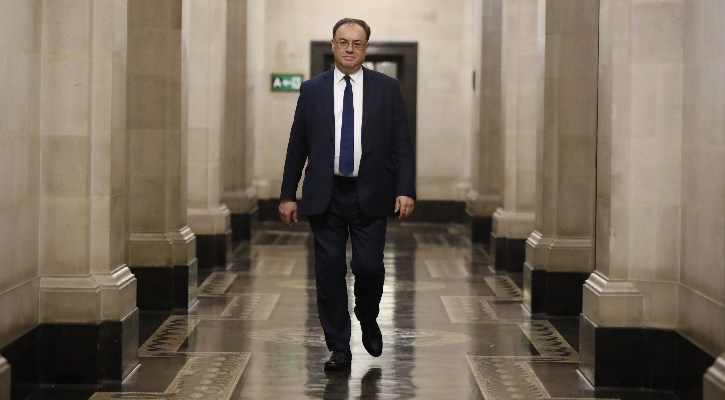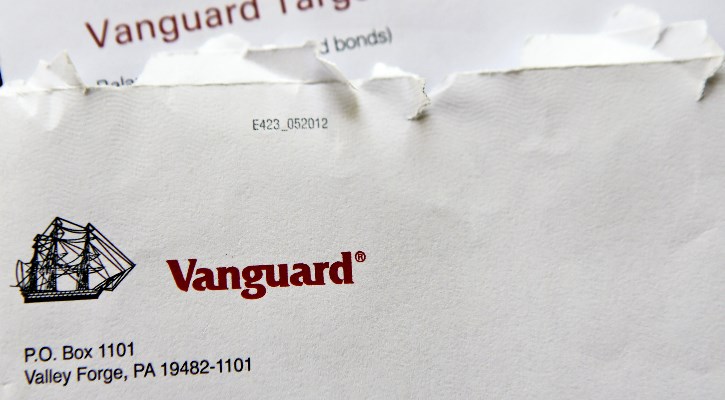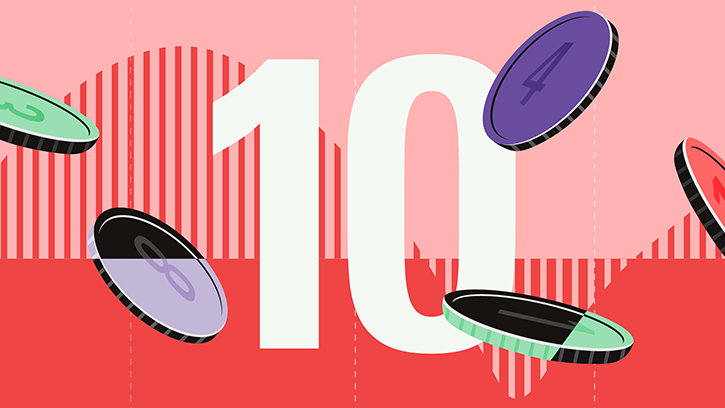
Fixed income funds attracted nearly £5 billion in flows in November, according to the latest Morningstar data, outpacing all other asset classes and dragging overall flows into positive territory.
In contrast, equity funds saw net withdrawals of just over £2 billion amid uncertainty over a new coronavirus variant, inflation and central banks’ response. A flight to bonds suggests investors are becoming cautious, despite strong equity market performance this year. We look in detail at the UK-domiciled fund flow data for the penultimate month of the year, revealing the most popular fund categories, asset managers and individual funds.
Overall the net inflow figure of £3.27 billion looks positive, especially after October’s £1 billion inflow, taking the yearly flows to £33 billion. But November’s figure was heavily flattered by a one-off movement into a pension fund, explains Morningstar manager research analyst Bhavik Parekh.
Some £3.2 billion was invested in PUTM Bothwell Global Bond, almost the entire net amount invested in funds in November. Taking this payment and the £142 million invested in money market funds last month, November would have seen negative flows.
Allocation funds have had a good run this year, but only saw £570 million of inflows in November, taking the total over £14 billion for the year. This number overshadows equity fund flows, which turned negative in November, dragging the annual total to below £6 billion.
Fixed income remains the most popular broad category and is likely to end the year at the top of the asset classes--by the end of November, inflows into bond funds had topped the £22 billion mark. Investment grade bond funds were popular last month, followed by emerging market and diversified bond funds. In 2020, equity funds were by far the most popular asset class, bringing in nearly £25 billion out of a total of £35.7 billion, helped by the huge recovery in share prices from the pandemic low.
Still on a Roll
In terms of total assets, equity funds still hold the upper hand over fixed income, with £870 billion competing with £225 billion. This year’s in-favour asset class, allocation funds, maintained its run with a 20th consecutive month of inflows. Another £570 million was added in November, pushing the yearly total to more than £14 billion.
Property funds continued to see outflows, but at a slower rate than in previous months. Many funds have re-opened to investors in 2021, having gated during last year’s coronavirus crisis, and the sector has seen £3.7 billion of outflows in a year, leaving a total of £13 billion in assets.
Sustainable funds, meanwhile, saw £2.6 billion in net subscriptions in November, with every fund in the Morningstar Category Sector Equity Ecology seeing inflows.
“Investors' shift into these strategies marches on,” says Parekh.
“Institutional investors – for example, pension schemes – are a large component of this but retail investors have been fully involved with this trend as well.”
Drilling down into these broad categories, there appears to be a disconnect between performance and fund flows. US markets have powered ahead (again) this year, and have hit record highs across 2021. The S&P 500 is up around 25% this year. So why are US large-cap blend and large-cap growth categories seeing withdrawals?
Investors appear to be turning cautious, Parekh says. “High relative valuations in the US market and a much lower number of dedicated sustainable options may be reasons driving this seemingly contradictory investor behaviour," he says.
HSBC American is not the only fund to see withdrawals (see below), as products from Baillie Gifford, iShares, Royal London and Threadneedle have also seen outflows.
UK Large-Cap Equity also saw a chunky withdrawal in November of £1 billion, which makes a hefty £11 billion of outflows over the year. Away from the top and bottom five categories, emerging markets funds are seeing decent inflows for both active and passive products, for example iShares Emerging Markets. The fund has a Morningstar Quantitative Rating (MQR) of Gold, but returns have been -0.3% this year as emerging markets continue to lag developed market counterparts.
Train in Vain
Looking in detail at individual funds, the £3.2 billion invested in PUTM Bothwell Global Bond fund is the outlier, and the next biggest inflow for the month was the SLI UK Real Estate Fund, which drew in £435 million.
The rest of the top five is filled out by a corporate fund from Aviva and two ESG trackers, from BlackRock and L&G. At the opposite end of the table, HSBC American Index Fund, which has Silver Analyst Rating, saw outflows of £951 million, while a Japan index fund from the same company was second in the list. Another Silver-rated fund, Lindsell Train UK Equity, also made it into the bottom five with an outflow of £244 million, and £888 million for the year.
The fund has returned 8.6% in 2021 so far, according to Morningstar Direct data, lagging the FTSE All-Share. Still, Morningstar analysts continue to back the fund and its manager, Nick Train. Daniel Haydon says of this year’s softer returns:
“Year-to-date performance has suffered relative to the UK market, where more cyclical names have done well and a handful of holdings have disappointed. Investors should take a long-term view befitting of the highly concentrated, buy and hold nature of the strategy, which can naturally lead to lumpy relative returns. Longer-term returns covering full market cycles continue to be excellent.”
BlackRock Still Top
It’s been Baillie Gifford’s year so far, with the Scottish fund group drawing in £5.6 billion, ahead of Royal London with £4.3 billion and Vanguard’s £3.7 billion.
Still, BlackRock had the strongest November of all the largest asset managers, drawing in £670 million, against Baillie Gifford’s £643 million, with global sustainable and emerging markets trackers proving popular, as well as BlackRock Absolute Return Bond Fund.
BlackRock remains top of the leaderboard with £180 billion in assets, twice as much as its nearest competitor, Aviva, which has £90 billion of assets at the end of November. At the other end of the table, M&G has seen £4.8 billion of outflows over the yearand Aviva has suffered £3.6 billion of outlows.
A Note on Methodology
Annual data is 12 months to the end of November, so includes December 2020 data and the first 11 months of 2021.
The figures in this report were compiled on December 14 2021 and reflect only the funds that had reported net assets by that date. This report includes only open-end funds domiciled in the United Kingdom, but not funds of funds unless specifically stated. It does not include collective investment trusts or separate accounts. Also note that exchange-traded funds are not included in this report. The data is survivorship-bias-free. "Sustainable" is defined as sustainable by prospectus. For a full explanation of how Morningstar computes fund flows, click here.





























